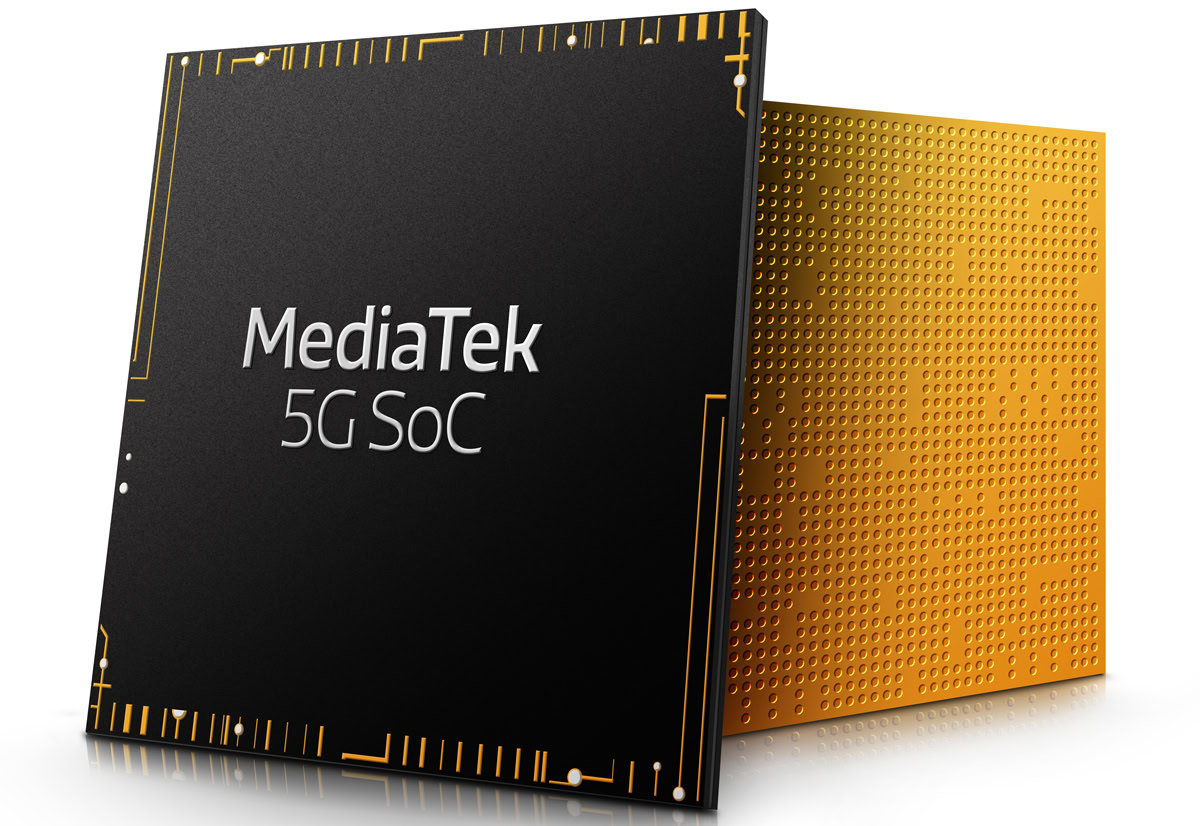Affiliate links on Android Authority may earn us a commission. Learn more.
We just got a step closer to affordable 5G phones
Published onOctober 22, 2019

MediaTek revealed its first 5G chipset earlier this year, powered by the Helio M70 modem. The processor packs Arm’s new Cortex-A77 CPU cores, Mali-G77 GPU tech, and in-house AI silicon.
This 7nm chipset, codenamed MT6885, is clearly shaping up to be a flagship-level processor in many ways. It won’t be MediaTek’s only 5G silicon on offer though, as MyDrivers (via GSMArena) reports that the firm is working on a smaller, more affordable 5G processor for 2020.
The outlet says the new chipset, apparently codenamed MT6873 and built on a 7nm process, will offer the same basic architecture as the first 5G processor. However, the new chipset is said to be more affordable and 25% smaller too.
The MT6873 processor is tipped to go into mass production in Q2 2020, appearing in phones in Q3 next year.
An explosion of 5G phones in 2020?

News of a more affordable MediaTek 5G SoC comes over a month after Qualcomm confirmed that it’s bringing 5G connectivity to its Snapdragon 700 and Snapdragon 600 line-up. This suggests that 5G phones could see a sharp increase in adoption in 2020, owing to a wide variety of mid-range 5G silicon for vendors to choose from.
Competition between MediaTek and Qualcomm in 2020 could also result in more aggressive silicon pricing, hopefully translating into even cheaper 5G phones next year. But it’s claimed that the Taiwanese firm is looking to 2021 as well.

MyDrivers says that once MediaTek’s aforementioned chipsets are out of the door, the firm will shift to 5G processors built on a 6nm EUV manufacturing process. The outlet says there are four SoC designs set to be built on this process, adding that they’ll feature Arm’s Hercules CPU cores (the successor to Cortex-A77), and upgraded GPUs.
It’s believed that these 6nm 5G chipsets will be mass produced in Q4 2020, arriving in smartphones in 2021. The switch to a smaller manufacturing process should result in slightly lower power consumption. But every bit helps with the transition to 5G, as power consumption concerns are a major consideration, resulting in many OEMs adding bigger batteries to their 5G devices.
We’ve contacted MediaTek for more information regarding its 5G plans and will update the story accordingly.